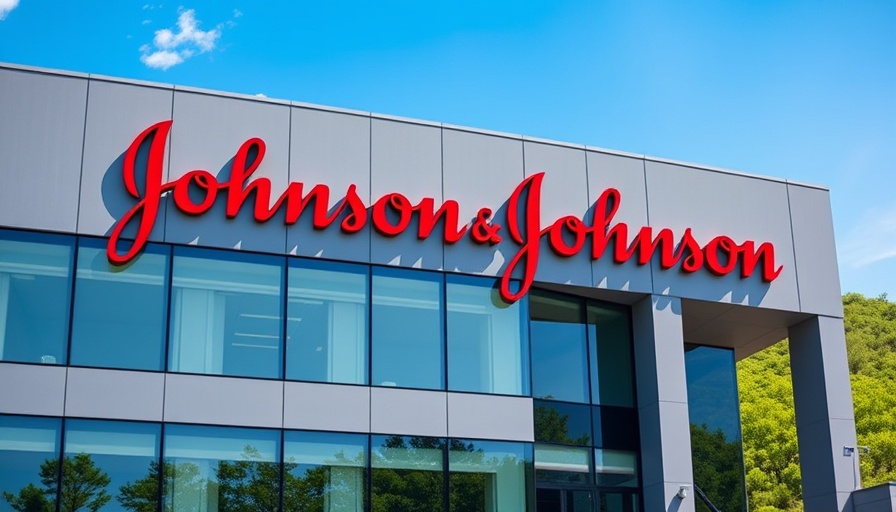
Johnson & Johnson Faces Challenges in 340B Discount Program
Johnson & Johnson (J&J), a major player in the pharmaceutical industry, recently encountered a setback regarding the 340B Drug Discount Program. This U.S. government initiative requires drug manufacturers to offer discounted prices on medications for eligible healthcare organizations and patients. A federal judge confirmed that the Health Resources and Services Administration (HRSA) acted within legal bounds by demanding J&J seek prior approval before altering rebate arrangements to hospitals and clinics. This ruling is significant, as it echoes a previous court decision favoring the government against pharmaceutical giants like Eli Lilly, Bristol Myers Squibb, and Novartis.
The Importance of the 340B Program
The 340B program plays a critical role in ensuring that underprivileged communities can access vital medications. The judge underscored that the HRSA's authority to enforce discount provisions is backed by the program's legislative framework. J&J's attempts to change the payment model for this discount program raise concerns about the accessibility of essential treatments for vulnerable populations, potentially impacting the health outcomes of millions.
Wider Implications for the Pharmaceutical Industry
This ruling has broader implications for large pharmaceutical companies. As the landscape of drug pricing continues to evolve, the industry faces increased scrutiny and pressure to maintain fair pricing strategies. The decisions from the courts may compel other companies to reassess their own rebate structures, fearing similar legal challenges. With the ongoing debates about healthcare affordability, companies must balance their profit motives with the ethical considerations of patient access.
Community Response and Future Outlook
Community members and healthcare advocates have expressed relief over the ruling, emphasizing the importance of maintaining equitable access to medications. The outcome may drive further discussions on how drug pricing affects local hospitals and healthcare systems. As the tension between profit and patient access unfolds, it remains essential for pharmaceutical companies to align their operations with the needs of the communities they serve.
In light of these developments, stakeholders across the healthcare industry should remain vigilant regarding evolving policies surrounding drug pricing and discounts. By staying informed and engaged, they can better navigate the challenges ahead and contribute to positive change for patient care.
 Add Row
Add Row  Add
Add 




Write A Comment